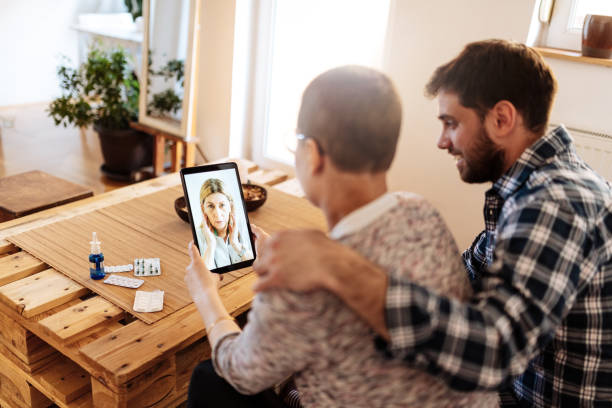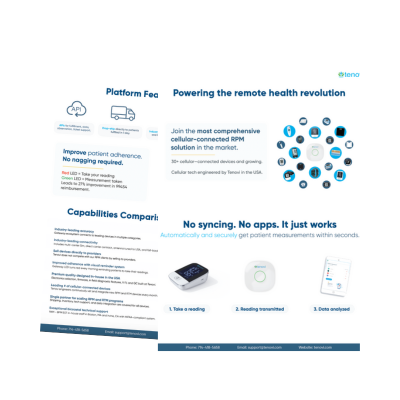Cancer treatment is complex and involves many challenges for patients, caregivers, and healthcare providers. In recent years, digital health interventions have emerged as valuable tools to support patients throughout their cancer care experience. The Digital Innovations in Cancer Care survey conducted by the Association of Community Cancer Centers (ACCC) provides insights into how digital health tools are being used in cancer care.
This article summarizes the survey’s key findings on the adoption, benefits, and challenges of integrating digital technology into cancer treatment plans.
Embracing Digital Health in Cancer Care
The first 30 days after surgery are not only challenging, but they are critical. This is a time when complications, hospital readmission, and post-surgical-related emergencies are potential risks. However, with digital health interventions, patients and providers can be aware and prepared for these challenges.
That is because digital health tools can effectively track patient vital signs and communicate symptoms or health concerns between in-office appointments. These tools enhance the overall care experience for patients while enabling healthcare providers to make informed decisions. Remote patient monitoring (RPM) is an example of one digital health cancer care intervention. RPM enables healthcare providers to track patient vital signs remotely after surgery.
Implementation and Adoption Trends
The ACCC survey divided respondents into three categories based on their RPM engagement: active implementers or pilots, those considering or planning implementation, and those not considering it. Among the respondents, 40% reported actively implementing or piloting RPM for cancer care, with an additional 43% expressing interest in adoption. These findings revealed strong leaning towards integrating digital health technologies in cancer care, signaling a shift towards more patient-centric and technology-driven approaches.
Patient and Caregiver Roles
Caregivers play a crucial role in facilitating the successful integration of digital health technologies into cancer care. The survey highlights varying patient and caregiver engagement levels with digital health cancer technology. According to the survey, 19% of caregivers assist patients in using technology, while 14% track health data on behalf of the patient.
Additionally, 11% of caregivers use digital health cancer technology with patients. A significant 58% of caregivers report that the individuals they care for are actively using technology to monitor their health information. Among patients, 42% have yet to embrace technology for health tracking, while 40% are contemplating using digital health tools.
Trends in Data Collection with Digital Health Tools
The survey showed symptom tracking (43%) and vital signs monitoring (39%) as the most commonly collected data types. Moreover, 35% of practices intend to offer RPM to all patients undergoing active treatment. Interestingly, a significant portion (26%) determine patient populations for RPM based on treatment types, underlining a targeted and personalized approach to care.
The survey also reported varying utilization timeframes among patients and caregivers. A considerable percentage leveraged RPM throughout all stages of cancer treatment. About 45% of patients and caregivers used RPM throughout all stages of cancer treatment. Meanwhile, 25% leveraged RPM during their current treatment and 20% opted to use it during specific treatment phases, such as chemotherapy. Additionally, 6% of patients started but discontinued RPM, showing the need for solutions that seamlessly integrate into patients’ lives.
Understanding Digital Health in Cancer Care
The ACCC’s Digital Innovations in Cancer Care survey underscores the growth of digital health tools in cancer care. From implementation trends to patient engagement levels, the survey’s insights emphasize the potential of remote patient monitoring to enhance patient outcomes and streamline healthcare provider decisions. New technologies are continually being developed. The world’s first blood count analyzer has been approved for at-home use for cancer care. As technology continues to reshape the healthcare landscape, the integration of RPM stands poised to revolutionize cancer care for the better.
Scroll down now to subscribe to Tenovi’s Weekly Research Round-Up. With Tenovi, healthcare providers can access billing, device management, fulfillment, and API integration dashboards. Schedule your free demo and consultation with us today.


